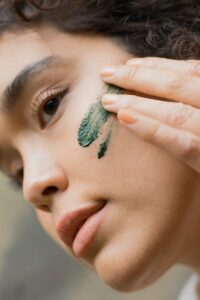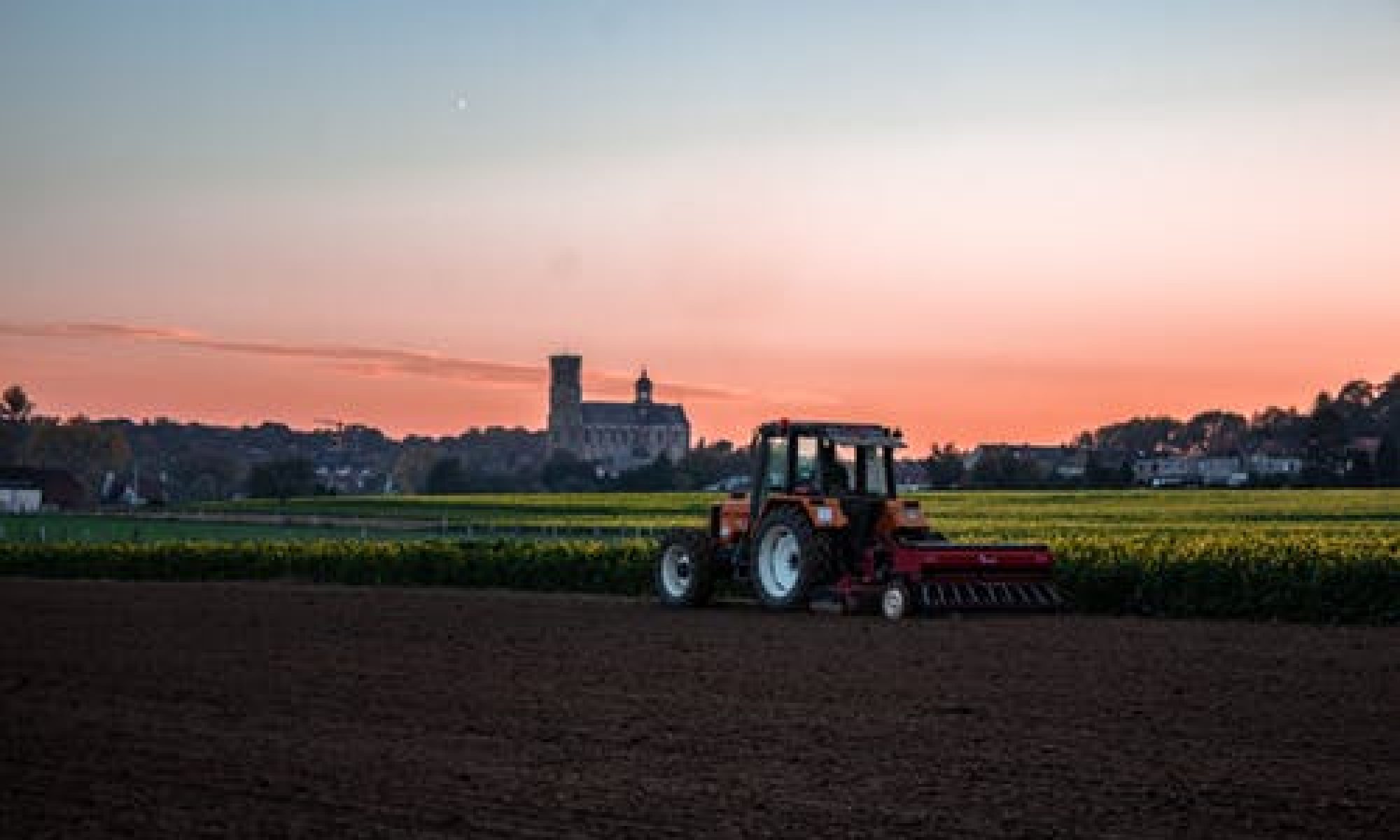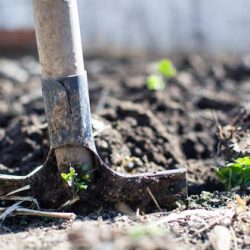
In our modern world, filled with chemical-laden beauty products and artificial treatments, it’s easy to overlook the incredible benefits of nature. However, the healing properties of plants have been revered for centuries, offering a gentle and natural alternative to caring for our skin. By cultivating a garden with specific plants, you can harness the power of these botanical wonders and create your own skincare remedies. In this article, we will explore a diverse range of plants that can be grown in your garden and used for various skin treatments. Get ready to delve into the world of plant-based skincare and unlock nature’s secrets to radiant and healthy skin.
Aloe Vera
One of the most renowned plants for skincare is Aloe vera. Its gel-like substance is a treasure trove of benefits, known for its soothing, moisturizing, and healing properties. Aloe vera can be applied topically to treat sunburns, acne, and dry skin. Growing Aloe vera in your garden ensures a readily available source of this versatile plant, making it an essential addition to your skincare routine.
Calendula
Calendula, also known as pot marigold, is a vibrant and beautiful plant that offers a range of benefits for the skin. Its petals are rich in antioxidants and possess anti-inflammatory properties. Calendula oil or a homemade infusion can be used to soothe and heal various skin conditions, including rashes, eczema, and wounds. By cultivating Calendula in your garden, you’ll have a bountiful supply of this gentle and effective remedy.
Lavender
Lavender is not only cherished for its calming fragrance but also for its numerous skincare benefits. This versatile herb has antiseptic and anti-inflammatory properties, making it ideal for treating acne, insect bites, and minor skin irritations. The essential oil derived from lavender flowers can be used topically or added to homemade skincare products. Cultivating lavender in your garden not only adds beauty and fragrance but also provides a natural remedy for skin issues.
Chamomile
Chamomile, with its delicate white flowers, is widely known for its soothing and calming properties. It has been used for centuries as a natural remedy for various skin ailments, including eczema, dermatitis, and dryness. The anti-inflammatory and anti-itch properties of chamomile make it an excellent ingredient for homemade skin treatments. By growing chamomile in your garden, you can enjoy the benefits of this gentle herb and create your own chamomile-infused skincare products.
Rosemary
Rosemary is a popular culinary herb that also offers remarkable skincare benefits. It has antioxidant properties that help protect the skin from damage caused by free radicals. Rosemary can be infused in oil and used for massages to stimulate blood circulation, promote healthy skin, and alleviate muscle tension. Additionally, rosemary oil can be added to homemade skincare formulations for its rejuvenating and toning effects.
Comfrey
Comfrey, known for its high allantoin content, has been used for centuries to promote healing and tissue regeneration. I was told by a center of skin treatment near me that comfrey can be used topically to soothe burns, bruises, and minor wounds. Comfrey can be grown in the garden and used to create infused oils, salves, or poultices, making it a valuable addition to any natural skincare routine.
Conclusion
In a world filled with artificial skincare products, exploring the bounties of nature can bring a renewed sense of connection to the earth and provide effective skincare solutions. Cultivating a garden with plants that offer skin-healing properties allows you to harness the power of nature and create your own personalized skincare remedies. From the soothing Aloe vera to the calming chamomile, and the regenerative powers of comfrey, nature provides an abundance of options for achieving healthy and radiant skin. Embrace the wonders of botanical skincare and embark on a journey to unlock the secrets of plant-based beauty. Your garden holds the key to a more natural and sustainable approach to skincare, enriching your life and your skin in the process.


